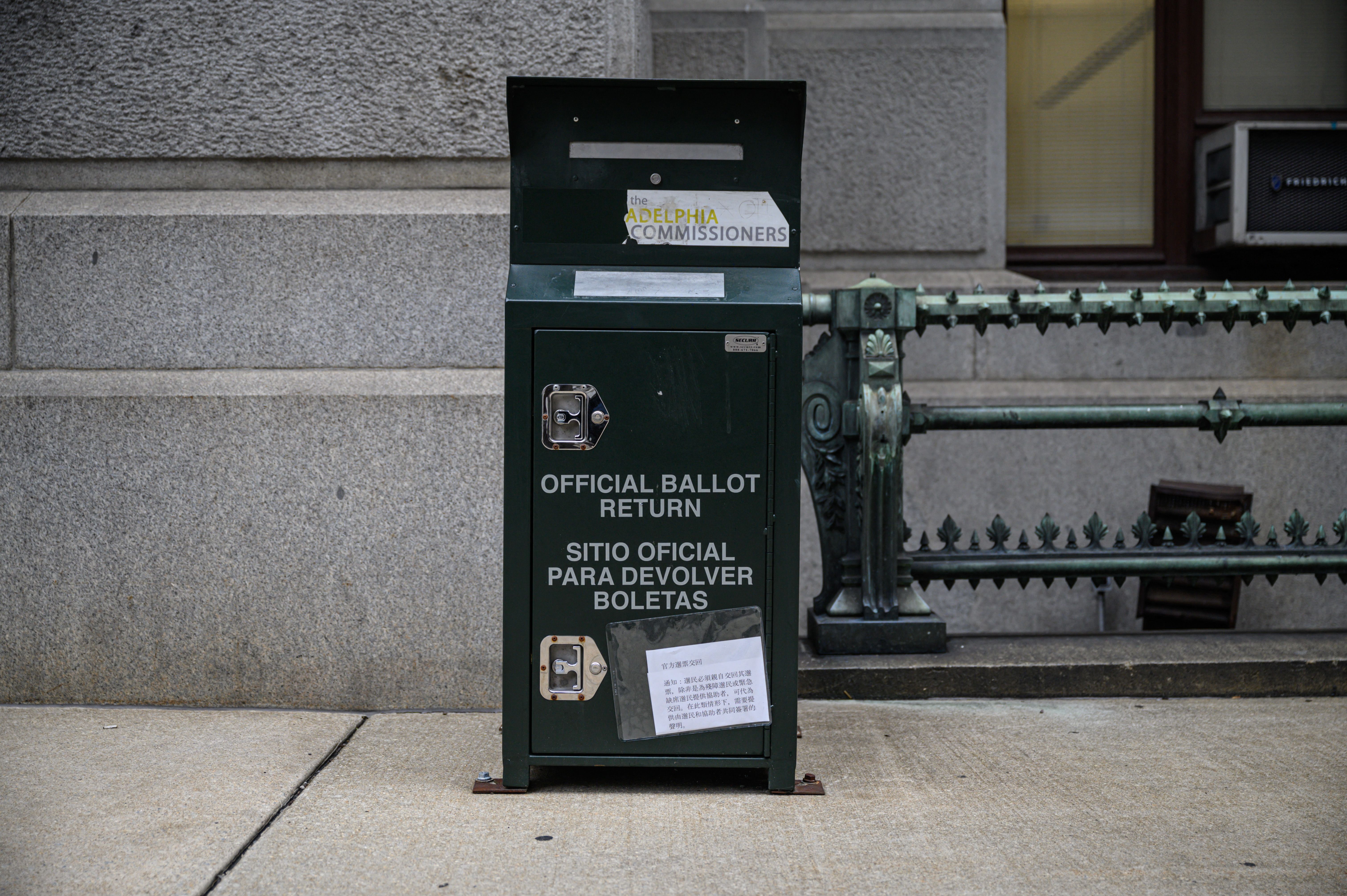The Pennsylvania Supreme Court threw out portions of the state's sex-offender registration law on Monday, telling lawmakers they violated the constitution's requirement that bills that become law must be confined to a single subject.
The justices ruled that a set of changes made to Megan's Law in 2004 was not constitutional, noting that the legislation also included such measures as a two-year statute of limitations on asbestos actions, the jurisdictional parameters of park police, and revisions to real estate law.
The court then put its decision on hold for three months to allow the Legislature to find a remedy.
"We will stay our decision, as we have done under similar circumstances, in order to provide a reasonable amount of time for the General Assembly to consider appropriate remedial remedies, and to allow for a smooth transition period," wrote Justice Debra Todd for the five-justice majority.
As revised in 2004, Megan's law created a searchable online database of offenders, set new punishments for offenders who did not register, and added luring and institutional sexual assault to the list of offenses that require 10-year registration.
It also set notification rules for out-of-state offenders who move to Pennsylvania, altered duties of the Sexual Offenders Assessment Board, and established community notification about sexually violent offenders.
Todd said the single-subject rule, which dates to 1864 and has recently been a factor in several high-profile cases, gives people confidence they can weigh in before a bill is passed, and helps lawmakers know what they are voting on ahead of time.
"When an act of the Legislature violates the single-subject rule, all of its provisions are equally repugnant to the constitution, and, thus, equally void," Todd said.
Chief Justice Ronald Castille filed a lone dissent, saying it was a close question but that he would have upheld the law.
"Any law passing through the enactment process is the result of salutary legislative compromise and the single-subject rule is not intended to completely discourage such compromise," Castille wrote.
Steve Miskin, a spokesman for the House Republican caucus, noted that revisions to Megan's Law enacted two years ago that brought Pennsylvania into compliance with the federal Adam Walsh Child Protection and Safety Act were drafted with an eye toward the case the court just decided.
Local
Breaking news and the stories that matter to your neighborhood.
"We think just about all of them have been enacted in the Adam Walsh law," Miskin said. "I'm not sure about 100 percent. Pennsylvania's Megan's Law is still in effect."
Gov. Tom Corbett's spokesman said he was disappointed in the decision and hoped to work with the Legislature to address the issues raised by the decision.
Also on NBC10.com:



